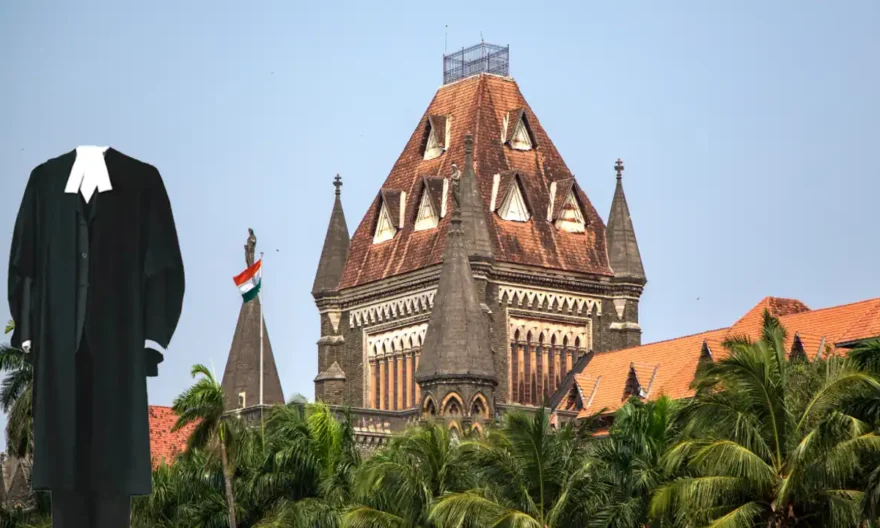
The Bombay High Court has recently adjourned a case due to the petitioner’s advocate failing to adhere to the prescribed dress code for lawyers, as per the matter of Kewal Bhupendra Shah vs The State of Maharashtra and Anr. Justices AS Gadkari and Shivkumar Dige issued an order rescheduling the case to July 10.
The court order explicitly stated, “Advocate for the petitioner is not in proper dress code. Stand over to July 10, 2023.” Assistant Public Prosecutor Mankuwar Deshmukh informed Bar and Bench that the advocate was not wearing a gown, and his band was crumpled.
According to the Bar Council of India (BCI) Rules, advocates appearing in the Supreme Court, High Courts, Subordinate Courts, Tribunals, or Authorities must adhere to the following dress code:
Male advocates may wear a black buttoned-up coat, chapkan, achkan, black sherwani, and white bands with advocates’ gowns. Alternatively, they can wear a black open breast coat, white shirt, white collar (stiff or soft), and white bands with advocates’ gowns. Long trousers (white, black striped, or grey) or dhoti are permitted, excluding jeans. In courts other than the Supreme Court, High Courts, District Courts, Sessions Courts, or City Civil Courts, a black tie may be worn instead of bands.
Female advocates can opt for a black full sleeve jacket or blouse with a white collar (stiff or soft), accompanied by white bands and advocates’ gowns. Alternatively, they may wear sarees or long skirts (white or black or any mellow or subdued color without any print or design) or flare (white, black, or black striped or grey) or Punjabi dress Churidar Kurta or Salwar-Kurta with or without dupatta (white or black) or traditional dress with a black coat and bands.
It should be noted that advocates’ gowns are optional, except when appearing in the Supreme Court or High Courts. In summer, wearing a black coat is not mandatory, except in the Supreme Court and High Courts.
The petitioner was represented by Shamin Ansari, while Assistant Public Prosecutor Mankuwar Deshmukh appeared for the respondent-State, and Advocate Satyam Dube represented the other respondent.




